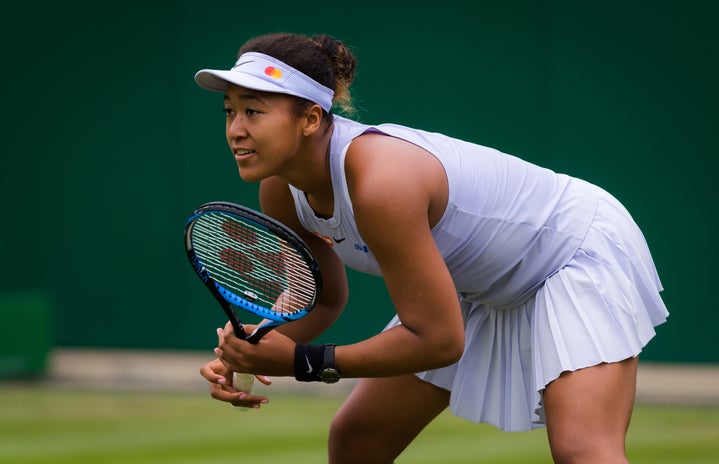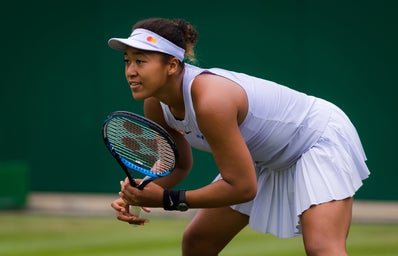In 1967, Katherine Switzer fought for her opportunity to race in the exclusively male Boston Marathon. In 1973, tennis star Billie Jean King triumphed in the “Battle of the Sexes” against Bobby Riggs in the fight for equal representation and pay in the world of women’s tennis. In 2019, the United States Women’s National Soccer Team (USWNT) advocated for equal pay and fairer working conditions, especially in comparison to the men’s team – who the USWNT has outperformed on an international level in recent years.
Despite these efforts of sports trailblazers, the world of womens athletics pales in comparison to mens.
The treatment of collegiate women’s basketball teams at the NCAA March Madness championship in March of 2021 represents the lack of importance given to women’s athletics. While the men’s practice facilities boasted Olympic-level quality weight rooms and equipment, nutritious catered meals and “swag bags” filled with hundreds of dollars worth of March Madness branded merchandise, the women’s teams failed to receive the same treatment.
Instead, women were given significantly smaller rooms featuring yoga mats and a set of lower-weight dumbbells, almost inedible looking food and a few small items of branded merchandise. It was not until Oregon’s Women’s Basketball player Sedona Price went viral on TikTok showing off the separate and unequal conditions and the outpouring of discontent from fans that the NCAA even acknowledged the inequitable treatment.
While the women did eventually receive somewhat better treatment, it begs the question: why do women have to fight to receive the same treatment in athletics?
And the 2021 March Madness tournament is not the only example in recent years that has led many fans to ask this question.
In January of 2022, the Louisiana State University (LSU) dance team, the LSU Tiger Girls, made headlines after delivering an empowering and pointed performance at the 2022 UDA College Nationals tournament. “The team was unable to compete in 2021 due to a lack of athletic trainers in relation to COVID-19. The team returned to the stage with a performance to “Like a Boy” by Ciara.
The song choice held a deeper meaning to the team, having used it to make a statement about the inequalities that female athletes face in comparison to their male counterparts. The team hoped that the message would send a “positive message of empowerment” to other female dancers and to fight against the stigma surrounding dance as a sport.
Following their performance, the Tiger Girls were met with a line of applause and support outside the arena from other teams at the competition.
As female athletes around the world continue the decades-long struggle against inequality in sports, it is time that society examines and changes the way it interacts with women’s sports. Now more than ever it is important to show up and support women’s athletics in the same way as men’s and show the world what it means to “play like a girl.”
With the 2022 Winter Olympics under way, it is time to put words into action and show the world what it means to “play like a girl.”

